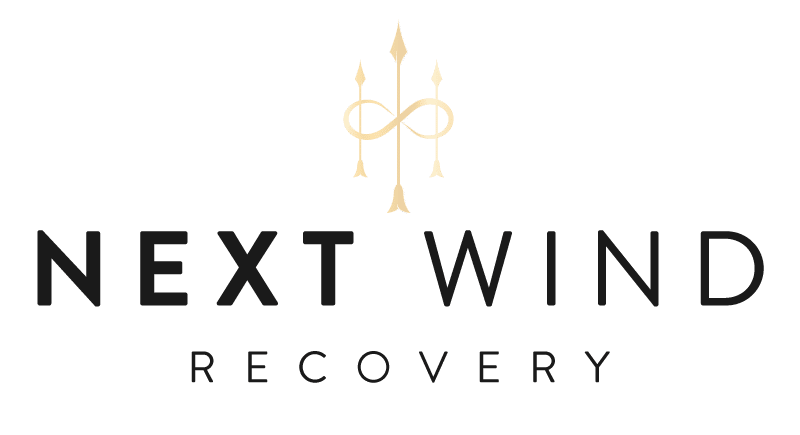How Therapy Can Transform Anxiety and Addiction Recovery
Understanding Anxiety And Addiction Recovery
Anxiety and addiction are complex and interconnected challenges that can significantly impact a person’s life. Understanding the relationship between anxiety and addiction is vital for effective recovery. Anxiety in recovery from addiction refers to the experience of excessive worry, fear, and unease while overcoming substance abuse. Recognizing that anxiety can contribute to and result from addiction is essential.
Contact our residential inpatient rehab in New Jersey to learn more about how we can help with comprehensive dual diagnosis care.
The Connection Between Anxiety And Addiction
There is a strong connection between anxiety and addiction. Many individuals turn to substances to self-medicate and alleviate their anxiety symptoms. However, this temporary relief often leads to a vicious cycle of addiction. In turn, addiction exacerbates anxiety, creating a continuous loop that can be challenging to break. To achieve long-term recovery, it is crucial to address both anxiety and addiction.
The Impact Of Anxiety On Recovery From Addiction
Anxiety can have a profound impact on the recovery journey from addiction. It can hinder progress by triggering cravings and leading to relapse. Additionally, anxiety can make it difficult for individuals to engage in therapy and other recovery activities. Recognizing anxiety’s unique challenges and developing strategies to manage it effectively is essential.
Treating Anxiety In Addiction Recovery
Treating anxiety in addiction recovery requires a comprehensive approach that simultaneously addresses both mental health disorders. Therapy plays a crucial role in managing anxiety during the recovery process. Cognitive-behavioral therapy (CBT) is a widely used approach that helps individuals identify and challenge negative thought patterns contributing to anxiety. Other therapeutic modalities, such as dialectical behavior therapy (DBT) and mindfulness-based stress reduction (MBSR), can also be beneficial in addressing anxiety.
The Benefits Of Therapy In Addiction And Anxiety Recovery
Therapy offers numerous benefits for individuals navigating addiction and anxiety recovery. Firstly, it provides a safe and non-judgmental space for individuals to explore their emotions, experiences, and challenges. Through therapy, individuals can gain a deeper understanding of the root causes of their anxiety and addiction, paving the way for healing and personal growth.
Additionally, therapy equips individuals with essential coping mechanisms and skills to manage anxiety effectively. It helps individuals develop healthier ways of dealing with stress and triggers, reducing the reliance on substances as a means of escape. Therapy also provides ongoing support and accountability, empowering individuals to maintain their recovery journey.
Different Therapy Approaches For Anxiety And Addiction Recovery
There are various therapy approaches available for anxiety and addiction recovery. One widely used approach is psychodynamic therapy, which focuses on exploring unconscious patterns and unresolved conflicts contributing to anxiety and addiction. This approach aims to bring awareness to underlying issues and promote lasting change.
Another practical therapy approach is group therapy. Group therapy provides individuals with a supportive community of peers who understand their struggles. It offers a platform to share experiences, gain insights, and receive encouragement from others who have faced similar challenges. Group therapy also helps individuals build healthy relationships and develop social support networks.
Overcoming Common Challenges In Addiction And Anxiety Recovery
Recovery from anxiety and addiction is not without its challenges. However, these challenges can be overcome with the proper support and strategies. One common challenge is the fear of facing emotions without the use of substances. Therapy can help individuals develop healthier coping mechanisms and increase their emotional resilience.
Another challenge is the fear of relapse. Anxiety can trigger cravings and the desire to self-medicate. By addressing anxiety in therapy and developing effective relapse prevention strategies, individuals can minimize the risk of relapse and maintain their recovery.
Building A Support System In Anxiety And Addiction Recovery
Building a solid support system is crucial in anxiety and addiction recovery. Surrounding oneself with understanding and supportive individuals can provide the encouragement and motivation needed to stay on track. This support system can include family, friends, therapists, support groups, and others in recovery. Therapy can help individuals identify and strengthen their support network, ensuring a reliable system.
Self-Care Practices For Managing Anxiety In Addiction Recovery
In addition to therapy and a support system, self-care practices are vital in managing anxiety in addiction recovery. Regular physical exercise, practicing mindfulness and relaxation techniques, maintaining a healthy diet, and getting enough sleep are all essential self-care practices. Taking care of one’s physical and emotional well-being can significantly reduce anxiety and support overall recovery.
The Transformative Power Of Therapy In Anxiety And Addiction Recovery
Therapy is a powerful tool in the journey of anxiety and addiction recovery. It addresses the underlying causes of anxiety and addiction, equips individuals with coping mechanisms, and provides ongoing support. By embracing therapy and utilizing the available resources, individuals can transform their lives, break free from the cycle of anxiety and addiction, and achieve long-lasting sobriety. If you or a loved one is struggling with anxiety and addiction, consider reaching out to Next Wind Recovery, where holistic treatment methods and dual diagnosis programs can provide the support needed for a successful recovery journey.








